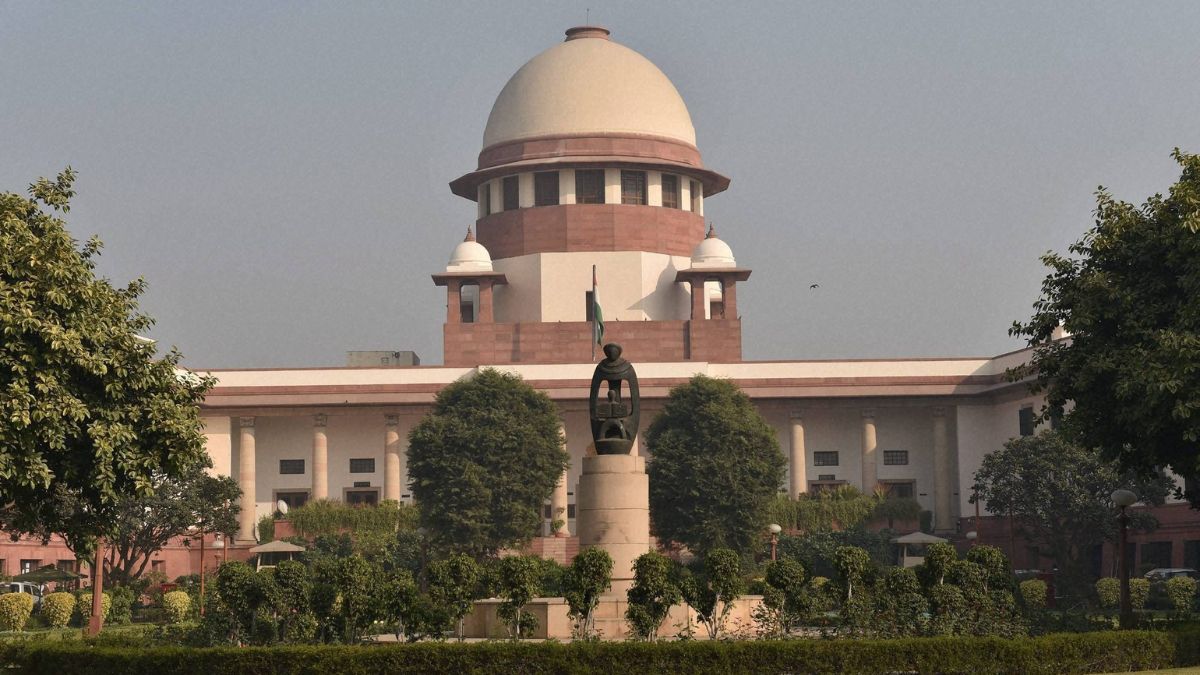The Supreme Court on Tuesday agreed to urgently hear the Maharashtra government’s appeal against the Bombay High Court’s decision to acquit all 12 accused in the 2006 Mumbai train bombings. The hearing has been scheduled for July 24.
A bench led by Chief Justice BR Gavai, along with Justices K Vinod Chandran and NV Anjaria, listed the matter after Solicitor General Tushar Mehta, appearing for the state, sought an early hearing, citing the case’s gravity and urgency.
The Bombay High Court, in a stunning verdict delivered on Monday, set aside the convictions, ruling that the prosecution had “utterly failed” to prove its case. The court noted it was “hard to believe the accused committed the crime.”
The serial blasts on Mumbai’s suburban rail network during rush hour on July 11, 2006, killed over 180 people and injured hundreds—marking one of India’s worst terror attacks.
‘Inhuman, barbaric torture by ATS’: Bombay HC slams probe
In a damning critique of the investigation, the High Court found that the Maharashtra Anti-Terrorism Squad (ATS) subjected the accused to “most inhuman and barbaric” torture, leading to forced confessions that were later retracted.
Justices Anil Kilor and Shyam Chandak, who delivered the verdict, observed that the accused were kept in police custody for up to 76 days and withdrew their confessions immediately upon being presented before a magistrate. The court noted that such confessions, obtained under duress, cannot be considered admissible evidence.
“It is well known that, in most cases, police are in the habit of extorting confessions through illegal means, including torture,” the court said, quoting established legal principles that dismiss statements extracted under fear or coercion.
Impact Shorts
More ShortsThe court further highlighted inconsistencies in the prosecution’s claim that the accused were uncooperative—an assertion made just before their confessions were recorded.
The 7/11 Mumbai train blasts
The 7/11 attacks refer to a series of seven coordinated bomb blasts that tore through first-class compartments of Mumbai’s suburban trains on July 11, 2006. The explosions, timed within 11 minutes during peak evening hours, caused mass casualties and widespread panic.
Over 180 people were killed and more than 800 injured in what remains one of India’s deadliest terror attacks. The Maharashtra ATS had arrested several suspects, alleging cross-border links and a larger terror conspiracy.
)